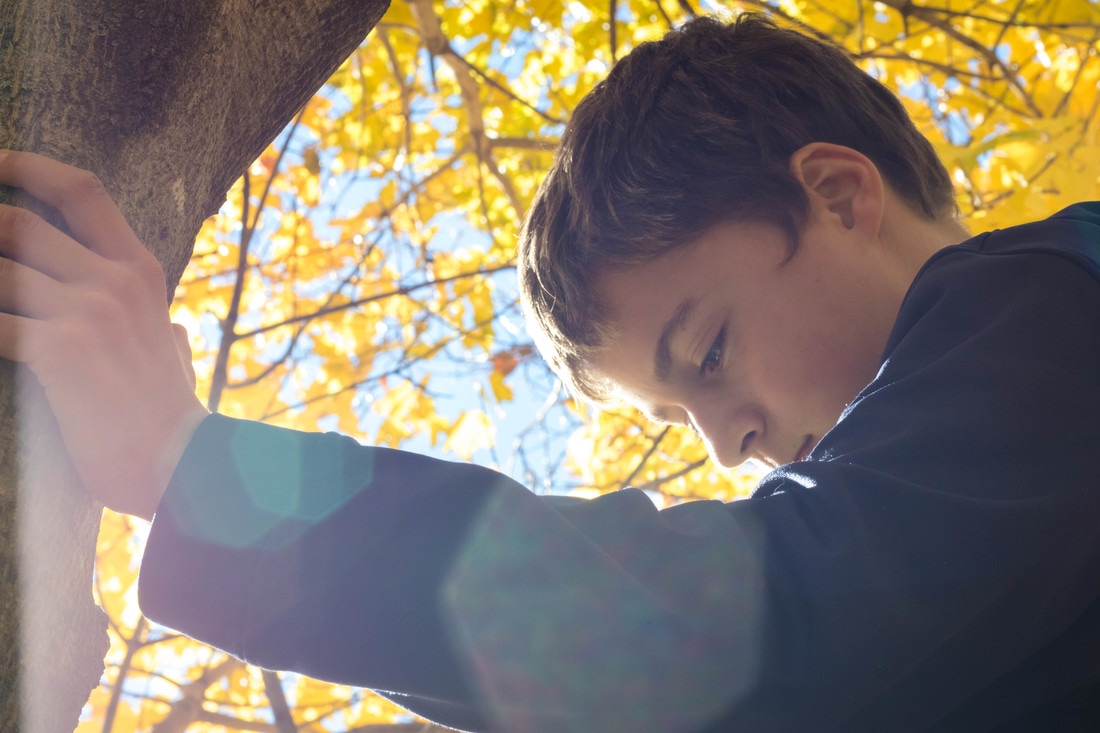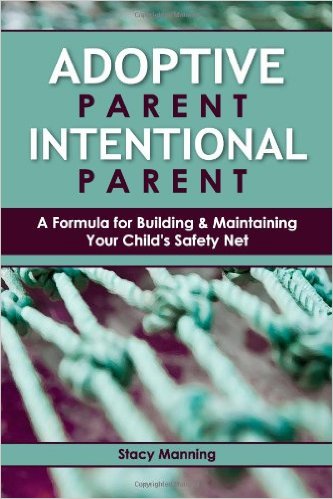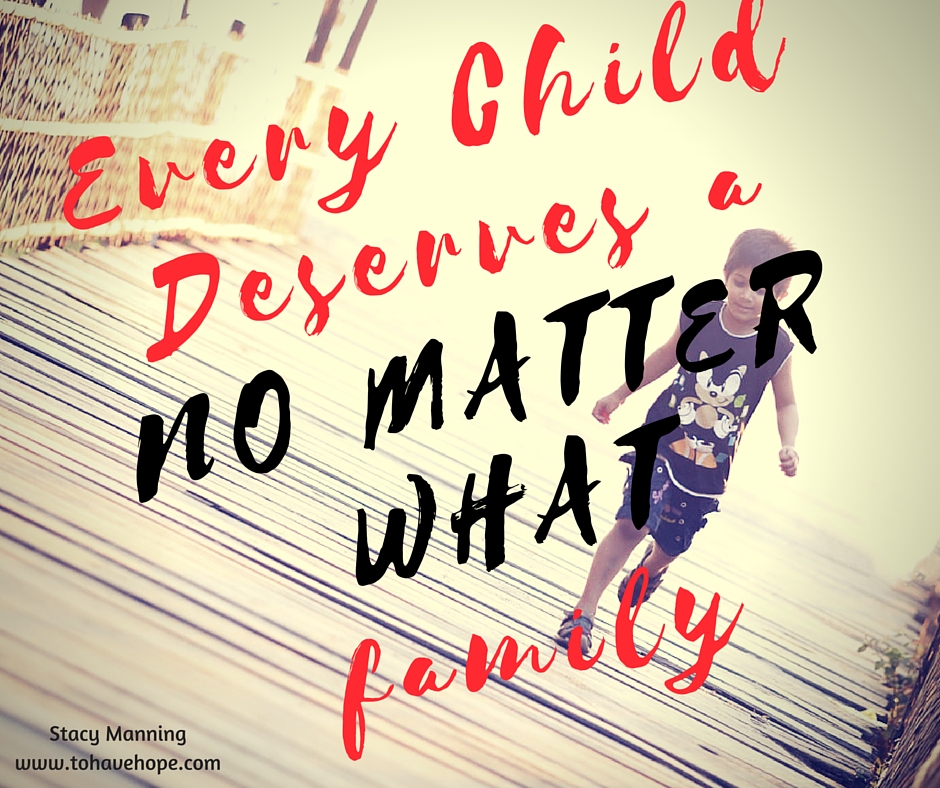|
Your child can and should have friends - they just need your help making it happen long after you might think they would.
Friends are very important to a child's healthy development. Research has found that having friends is an essential part of their social and emotional development. Having friends helps children develop morals, practice social skills and learn how to communicate, cooperate, and problem solve. They practice controlling their emotions and eventually responding to the emotions of others. They develop the ability to think through challenges and negotiate in a healthy manner within their relationships. Having friends has even shown to enhance school performance. Increased self-confidence and self-esteem is also another huge benefit in having friends. However, a child is not born with social skills. And when we add in the impacts of trauma combined with the grief and loss our children deal with - making and keeping friends becomes a very real challenge. Here's what you really need to understand...that first relationship (the primary relationship) is meant to be the relationship that all others are based on. It sets the stage for all future relationships, including friendships. It helps the child develop the basic trust and self-confidence necessary to go out and meet others later. It provides a firm foundation on which the child can develop social skills. Our kiddos have lost that in one way or another. For some, it is cracked and chipped and for some it has been completely shattered. The repair or rebuilding of that foundation is where WE begin to help our children. Overall, we work to create a safe foundation by intentionally choosing to meet our child right where they are at. We need to make parenting choices that use our child's whole story as the point of reference and we commit to stay in it with them No Matter What and for as LONG as it takes. When it comes to friendships, here are a few things you can do to help your child be more successful: 1. Understand that the inability to make friends is an impact of your child's beginnings - not because he doesn't try hard enough. 2. Be the bridge between where your child is emotionally and where he is chronologically. Many times our children have not been able to develop emotionally due to an unstable and chaotic childhood so they are younger emotionally then they are chronologically. Help them connect with other children who are in that emotional range as much or more as the chronological one. 3. YOU do the inviting and planning. Shows your child you believe in him. 4. Bring opportunities to spend time with friends into your home where your child feels the safest emotionally. 5. Remember, many times (especially when he is most anxious) your child needs you to be his external regulator. Stay close so that when he needs you you can jump in. Disregulation is hard for other kids to understand. 6. Keep play time together short at first.(I typically recommend a couple of hours at most) End it while things are still going well. Overnights are for down the road - that's a whole other story. 7. Plan multiple activities they both enjoy doing. Expectations are clear = lower anxiety. 8. Having a snack served will help decrease some anxiety for many of our kids. 9. Be a gentle interpreter and activity guide in the moment whenever needed. Help things go well while they are together. 10. When it's over, teach. Now over the next week or so you can do some deeper reflecting and interpretation. For example, "You know I was thinking...the other day when Sally was over...it is good to remember to take turns going first. Sally looked a little frustrated that she didn't get a turn to go first. So next time let's give that a try " 11. Repeat, starting at #1. Practice, Practice, Practice. It's never too late to help your kids with making friends. Use the basic premise here and tweak it to fit with your teens needs. Most importantly, meet your children where they are at. Which often means that we need to stay in it with them longer then we expected! Go ahead, get started today...how can YOU begin to teach your child how to make and keep friends? You CAN do this,
1 Comment
Carolyne Osterhues
2/16/2017 06:59:38 am
Thank you for the validation that I am on the right track!
Reply
Leave a Reply. |
Categories
All
Archives
February 2020
|





 RSS Feed
RSS Feed